According to Chinese media, Professor Li Haibo of Ningxia University suddenly passed away on Tuesday. He was a leading expert in the fields of nanomaterials, electrochemistry and optoelectronic materials.
Professor Li was ranked in the top 2% of scientists in the world according to the list published by Stanford University (USA) in 2023. His research focuses on improving the storage performance of lithium-ion and sodium-ion batteries, as well as desalinating seawater through the removal of salt ions.
His expertise ranges from nanomaterials such as carbon nanotubes and graphene, to energy storage systems (supercapacitors), and optoelectronic materials such as thin film solar cell electrodes.
According to Jiupai News (based in Wuhan, China), Professor Li died of a sudden illness. A lecturer at the school said there will likely be no official obituary or memorial service.
China's leading materials scientist has passed away at the age of 41. (Photo: QQ.com)
After receiving his PhD in physics from East China Normal University in 2012, Mr. Lee went to Australia for a year as a postdoctoral researcher at the University of South Australia. In 2014, he joined the Singapore University of Technology and Design.
In 2013, he began teaching at Ningxia University in the provincial capital of Yinchuan. Two years later, he became an associate professor at the university's key laboratory of photovoltaic materials, and later served as deputy director of the university's Analysis and Testing Center.
He has published more than 100 international research papers, holds 16 patents in China and one in the US.
In an interview with Ningxia Daily in 2019, Professor Li said that he was recruited as a high-level foreign talent. When preparing to apply for research funding, he often had to work at night to research documents and write proposals, because he had to teach and attend meetings during the day.
“I consulted more than 300 scientific documents at home and abroad, and slept only 4 to 5 hours a day ,” he once said. Thanks to those efforts, he won a grant from the National Natural Science Foundation the following year. Due to limitations in domestic equipment, he once took students to Australia and Singapore to conduct experiments.
Questions about work pressure in Chinese academia
The health of Chinese scientists became a hot topic last month after the family of a leading materials professor published an open letter about the death of their loved one at the age of 47, which they said was a result of an “insane” workload, according to the South China Morning Post.
Professor Liu Yongfeng of Zhejiang University suffered a cerebral hemorrhage during a conference on January 21 and died on March 5. His family said he had worked 319 consecutive days in less than 10 months - nearly double the prescribed number of working days (183 days) during the same period.
Many similar cases have occurred recently:
Last month, Professor Li Zhiming of Nanjing Forestry University passed away at the age of 50.
Yang Bingyou, vice president of Heilongjiang University of Traditional Chinese Medicine, also passed away at the age of 54 in late March.
Earlier this month, Associate Professor Zhang Jinlei (Zhengzhou Aeronautical University) passed away at the age of 46. She researched the history of Peking Opera, literature and culture of Central and Western China.
The series of deaths among middle-aged people in China's academic community is causing public concern: To what extent has the line between passion for research and work pressure been blurred?
(Source: Vietnamnet)
Link: https://vietnamnet.vn/Giao-su-dai-hoc-qua-doi-o-tuoi-41-va-lo-ngai-ve-ap-luc-trong-gioi-hoc-thuat-2390694.html
Source: https://vtcnews.vn/qua-doi-dai-hoc-professor-at-age-41-day-len-lo-ngai-ve-ap-luc-trong-gioi-hoc-thuat-ar937473.html






![[Photo] Bustling construction at key national traffic construction sites](https://vstatic.vietnam.vn/vietnam/resource/IMAGE/2025/5/2/a99d56a8d6774aeab19bfccd372dc3e9)


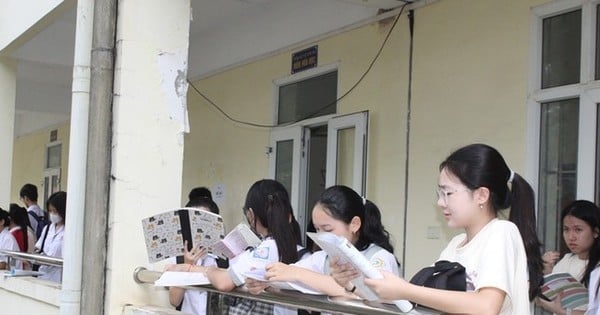
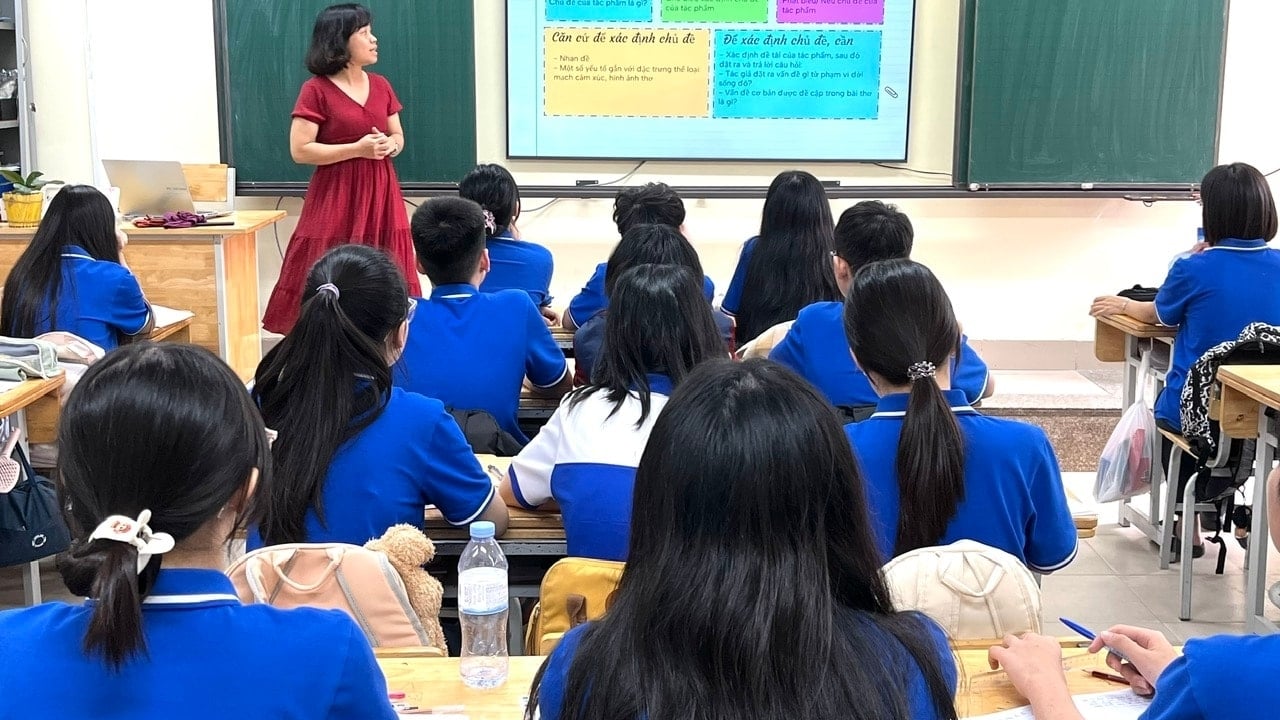

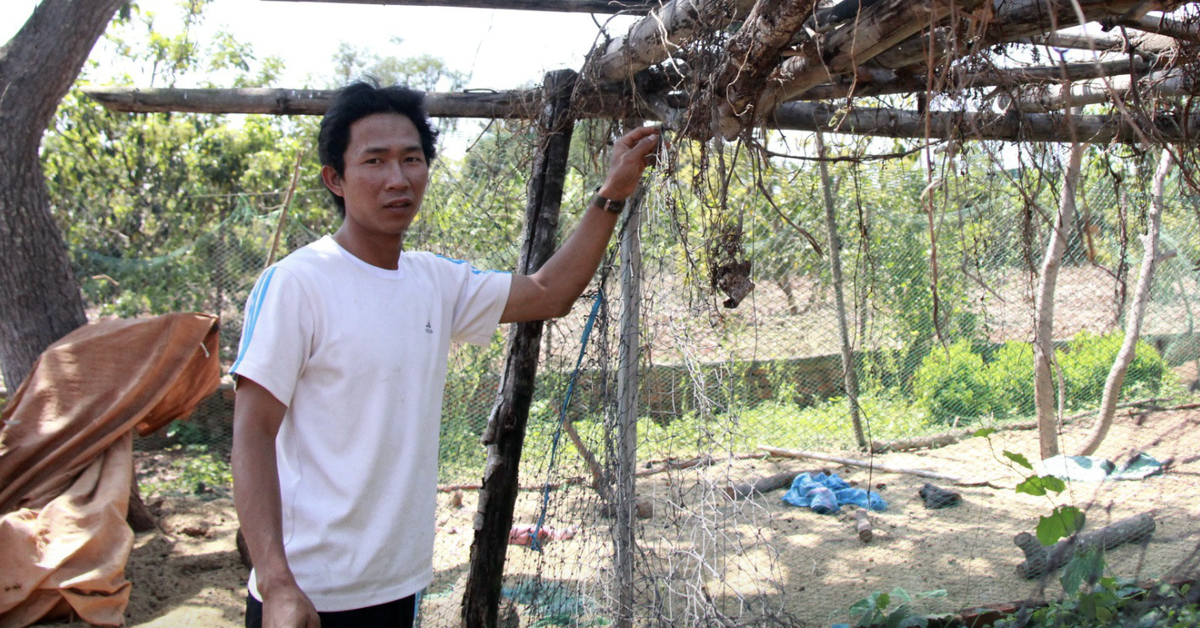











![[Photo] Binh Thuan organizes many special festivals on the occasion of April 30 and May 1](https://vstatic.vietnam.vn/vietnam/resource/IMAGE/2025/5/1/5180af1d979642468ef6a3a9755d8d51)
![[Photo] "Lovely" moments on the 30/4 holiday](https://vstatic.vietnam.vn/vietnam/resource/IMAGE/2025/5/1/26d5d698f36b498287397db9e2f9d16c)


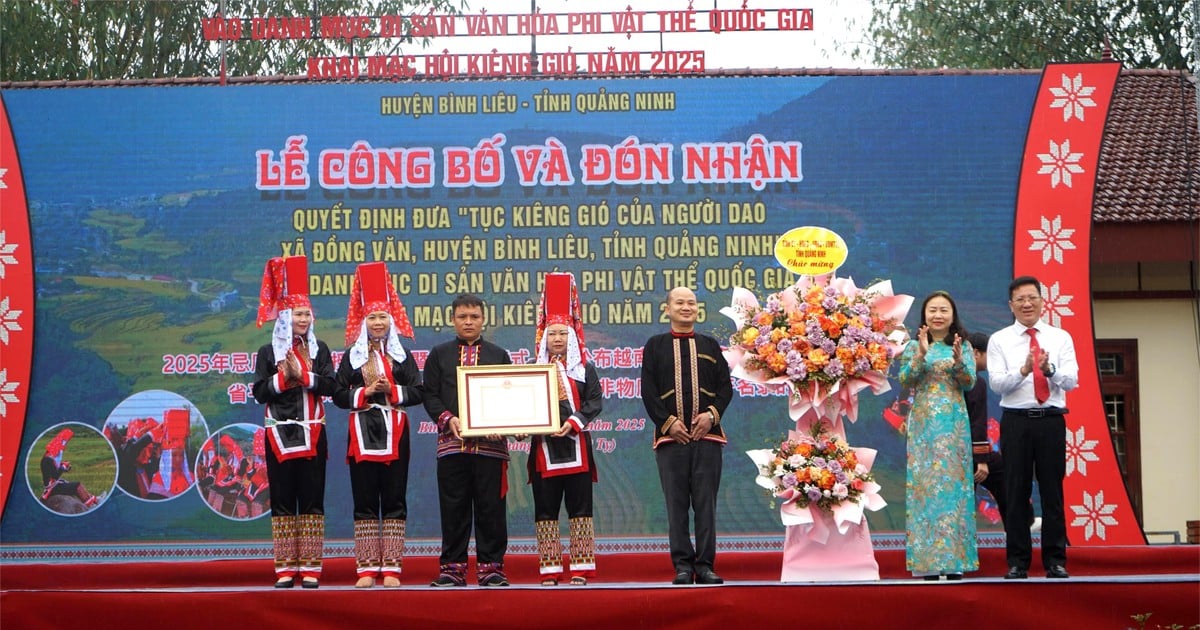









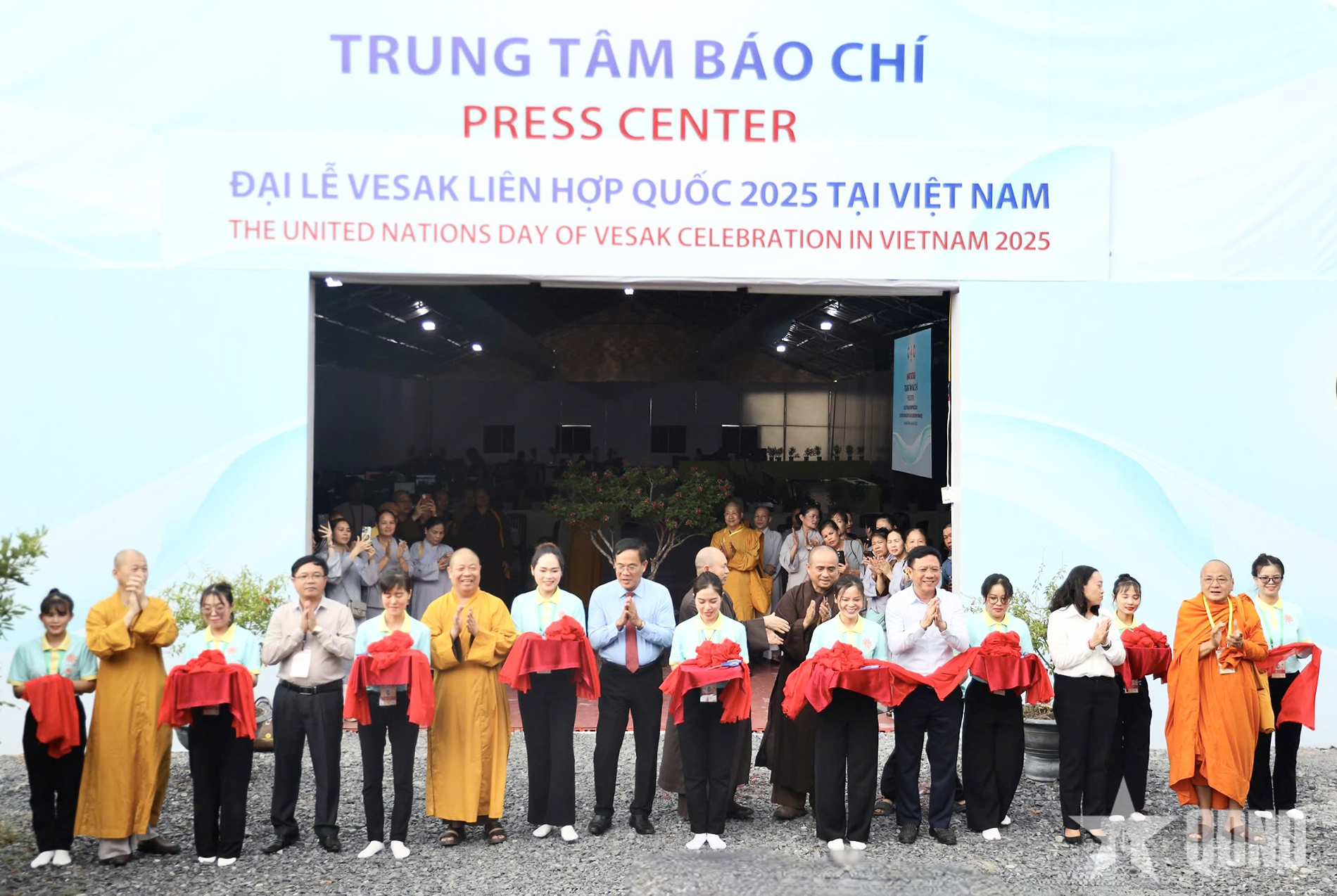

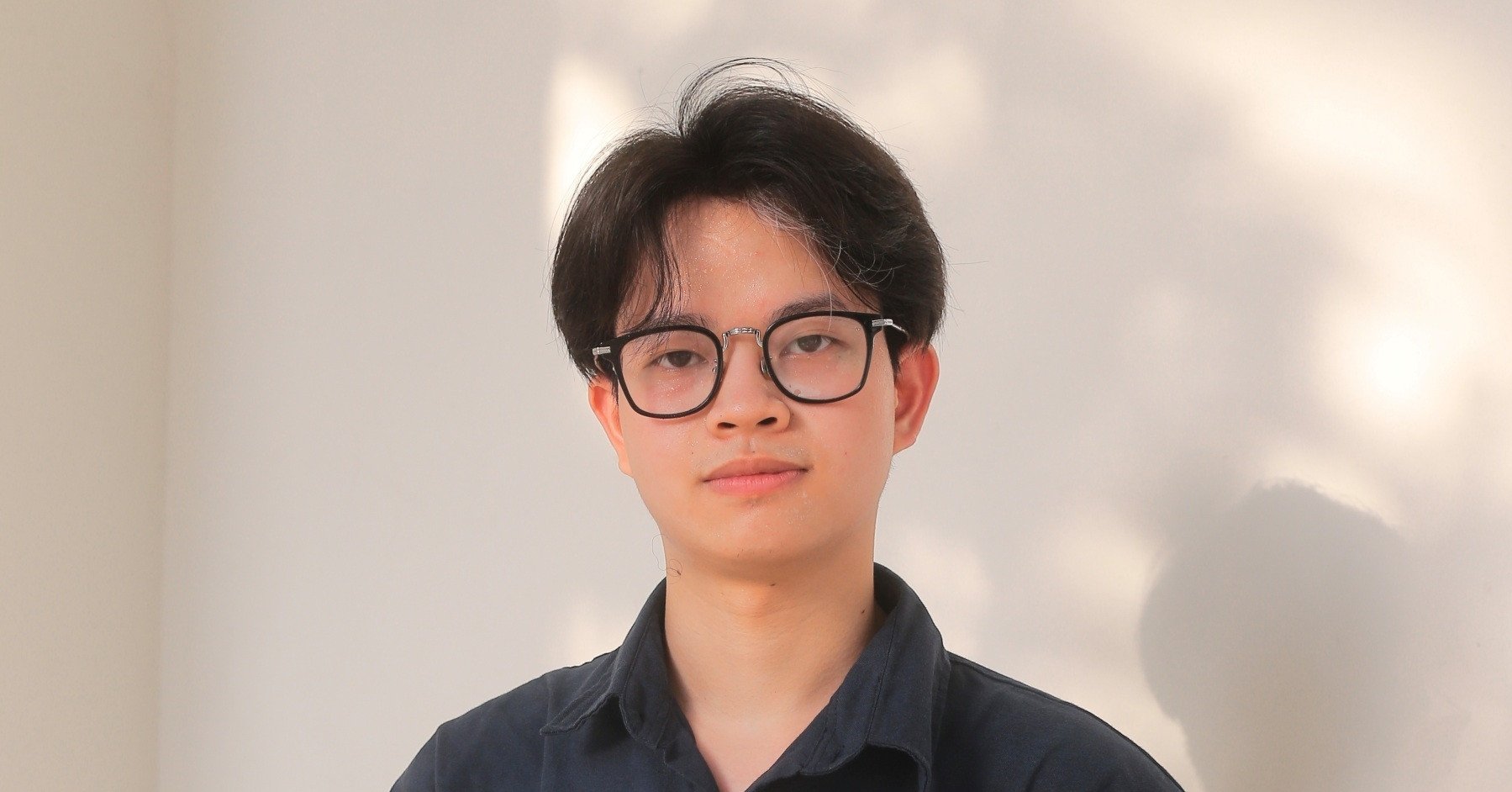

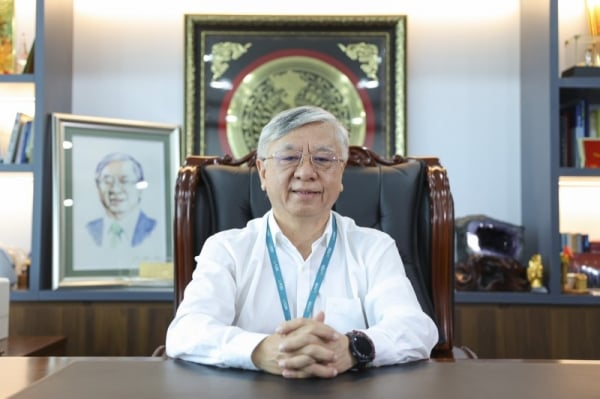

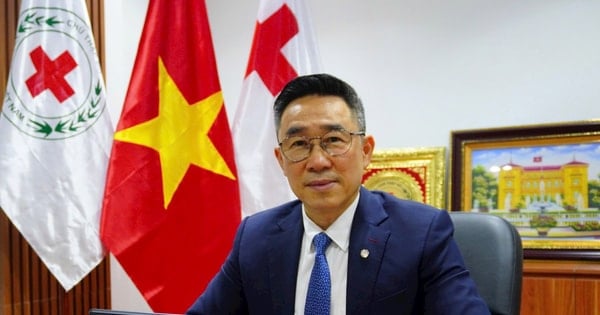













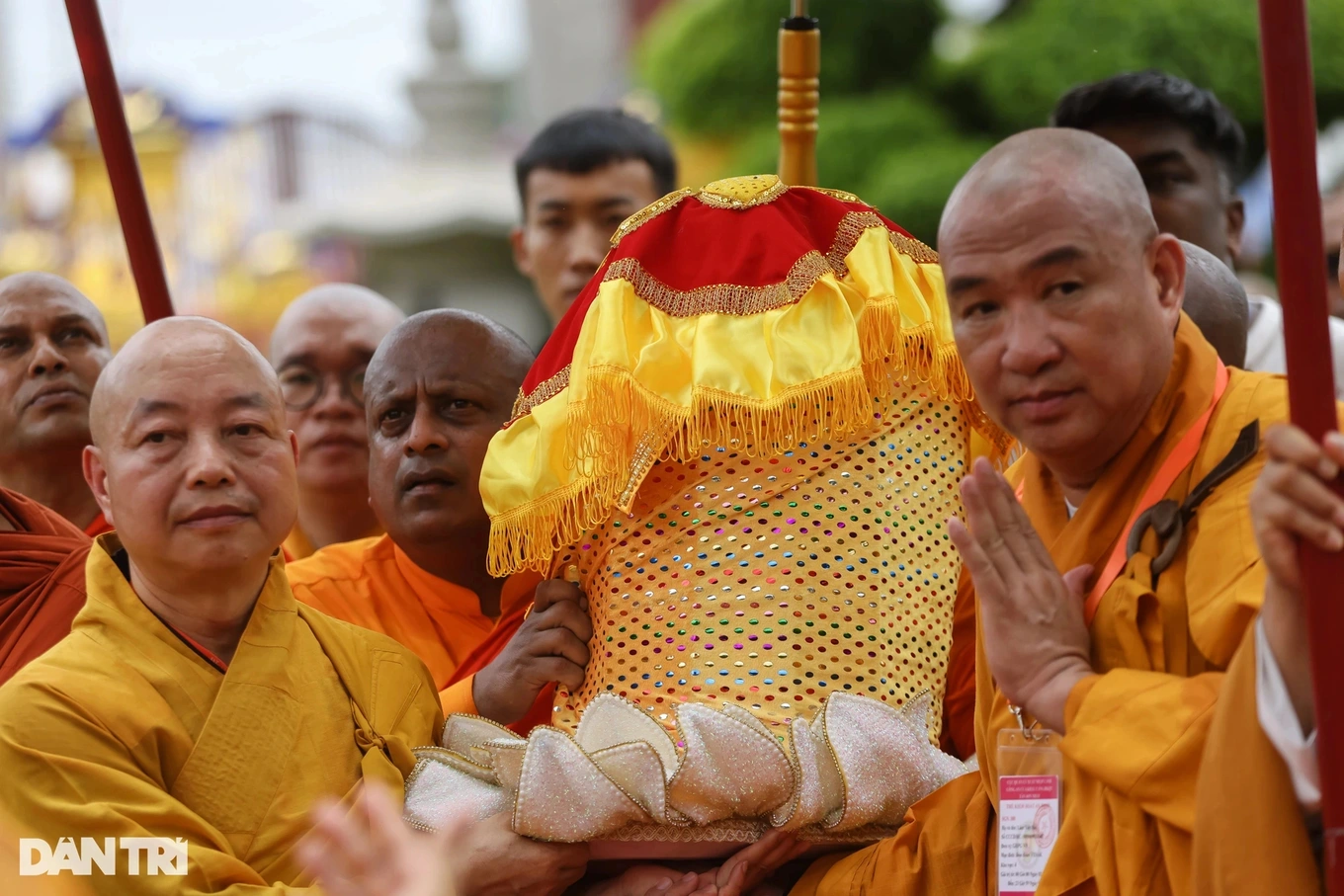

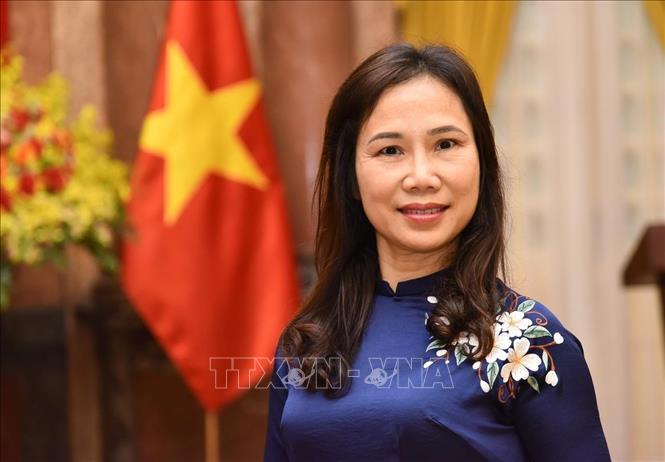


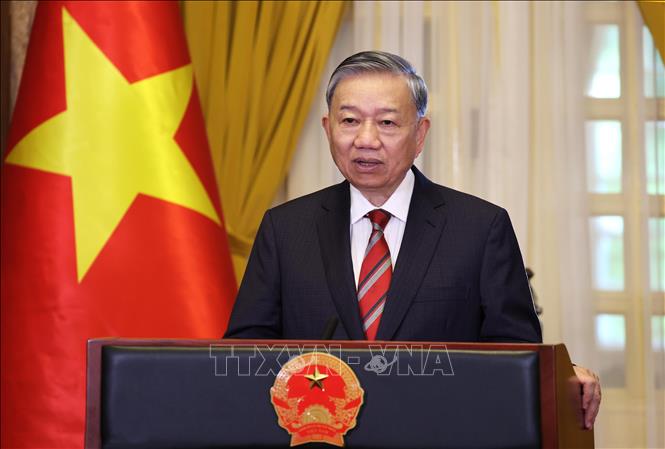

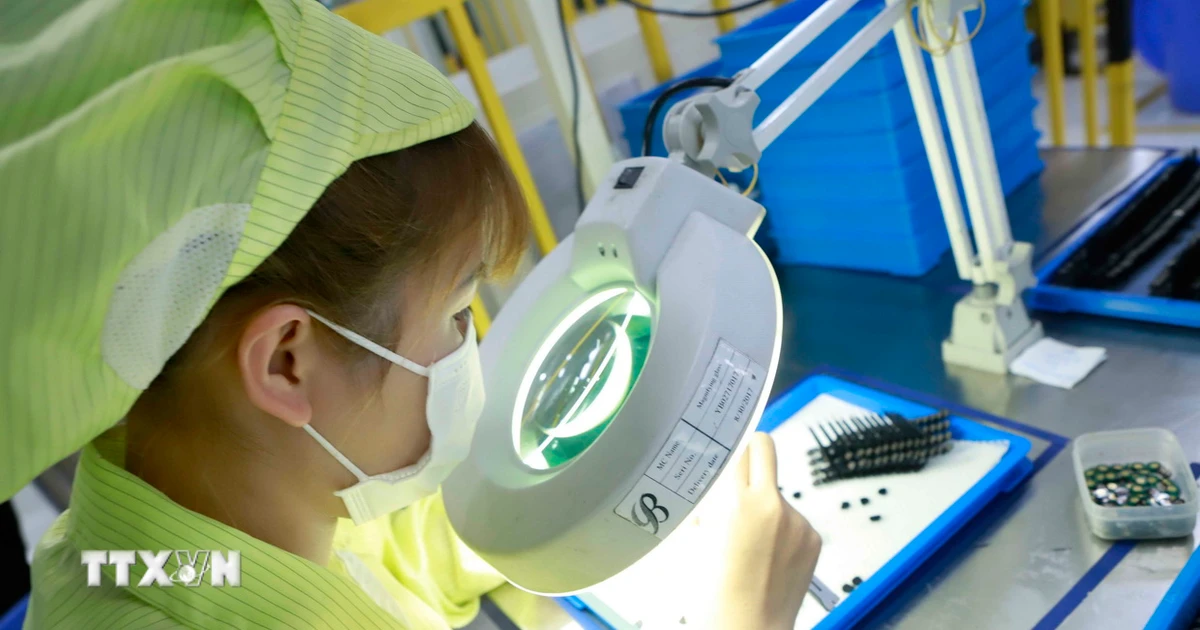
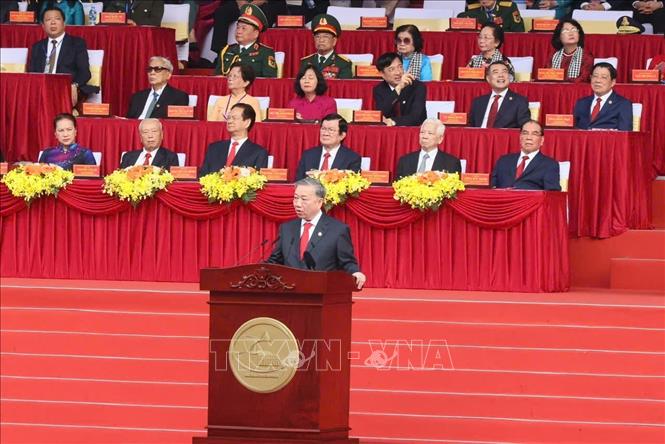








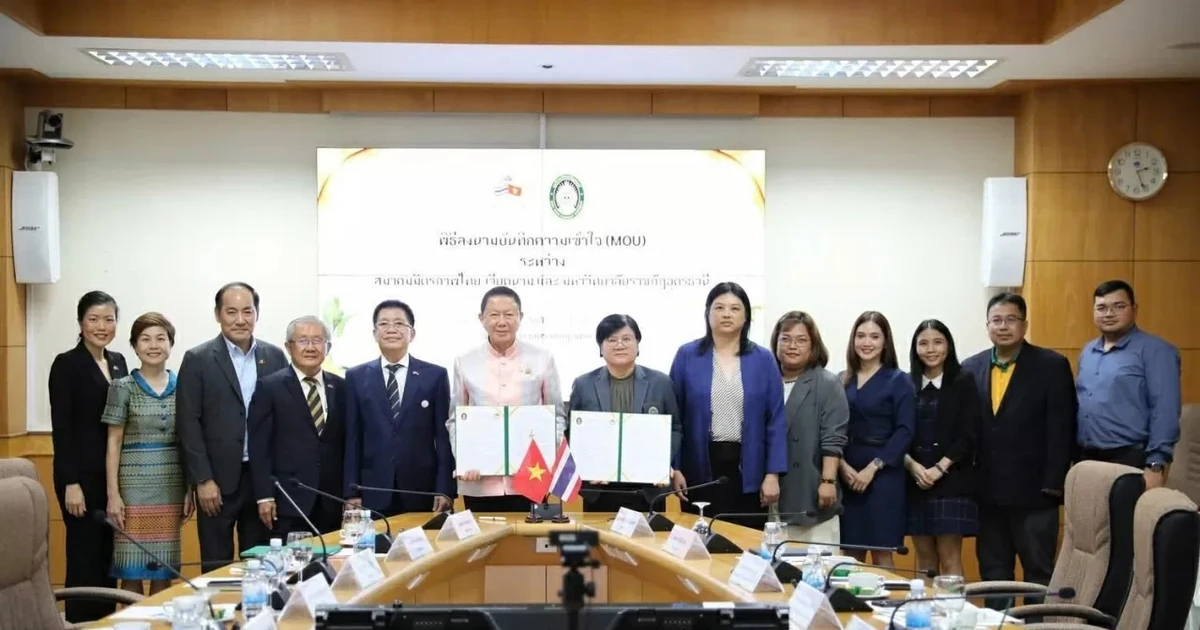




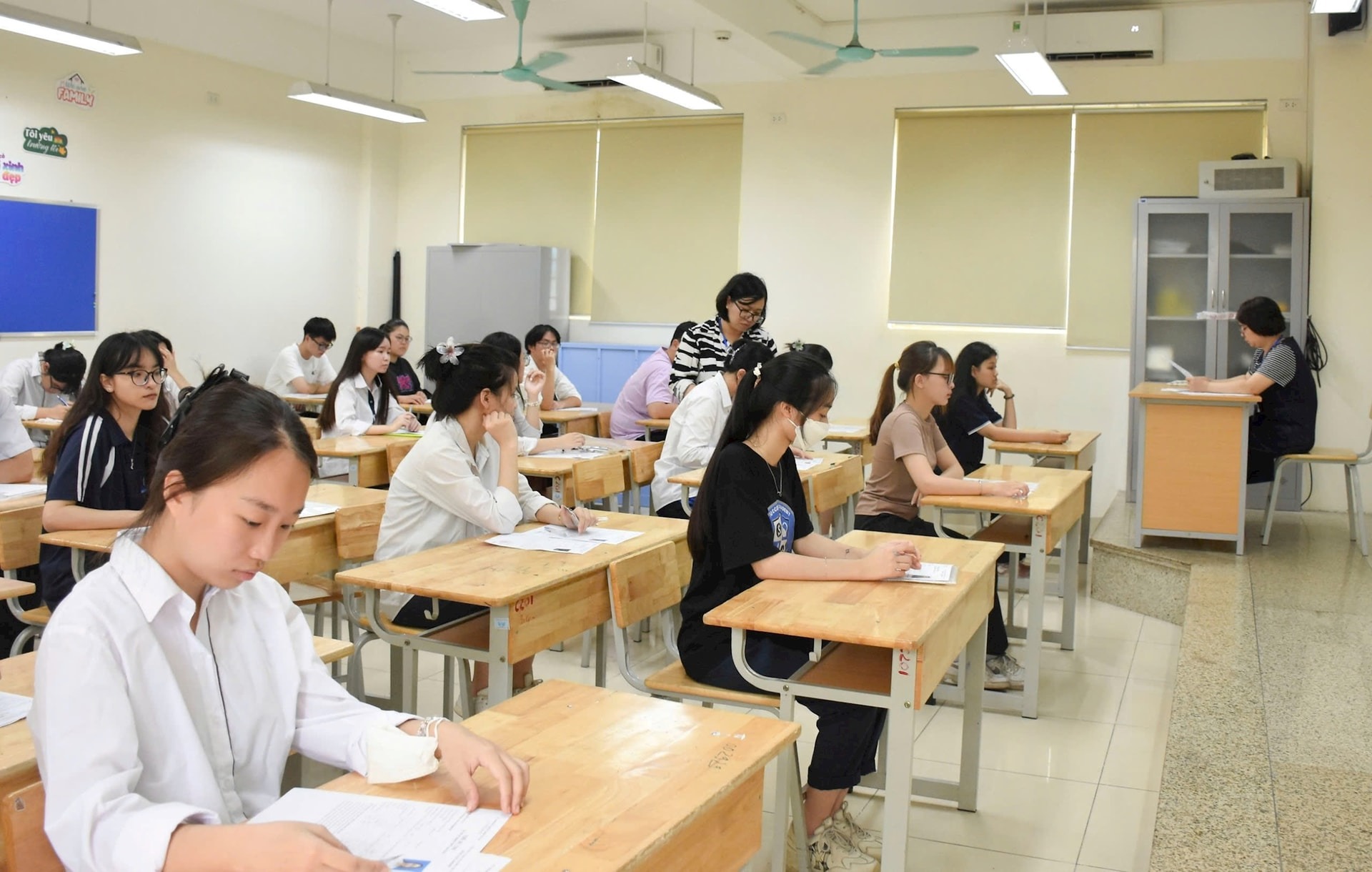













Comment (0)